The Australasian College for Infection Prevention and Control (ACIPC) is the peak body for infection prevention and control professionals (ICPs) in the region. The College was established to promote the profession and support its members. Our members are key practitioners and decision makers in the field of infection prevention and control and include nurses, healthcare workers, industry professionals, scientists, academics, educators, and policy makers.
ACIPC advocates for ICPs and infection prevention and control (IPC), focusing on leadership, education, and evidence-based practice for a healthy community. The College has a foundation of strong collegial relationships with members, key stakeholders and organisational partners. The strength of these relationships has enabled the development of high quality educational activities which support professional standards and credentialling frameworks.
Our Mission is advancing infection prevention and control across Australasia.
Our Vision is to reduce the burden of infection.
Our Values are Integrity, Openness, Ethics and Collegiality.
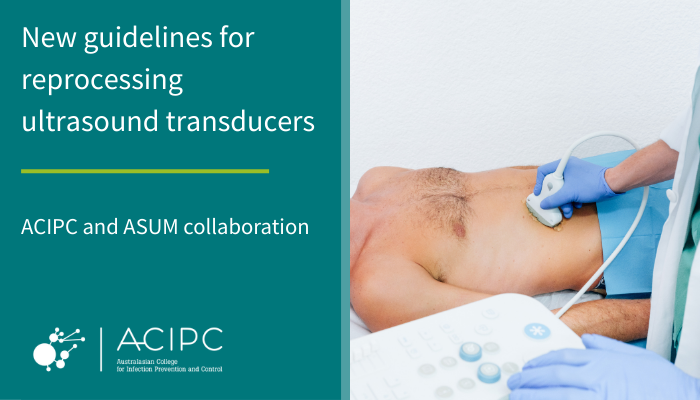
ASUM and ACIPC release new ultrasound guidelines
ACIPC collaborates with ASUM to produce new Guidelines for Reprocessing Ultrasound Transducers...
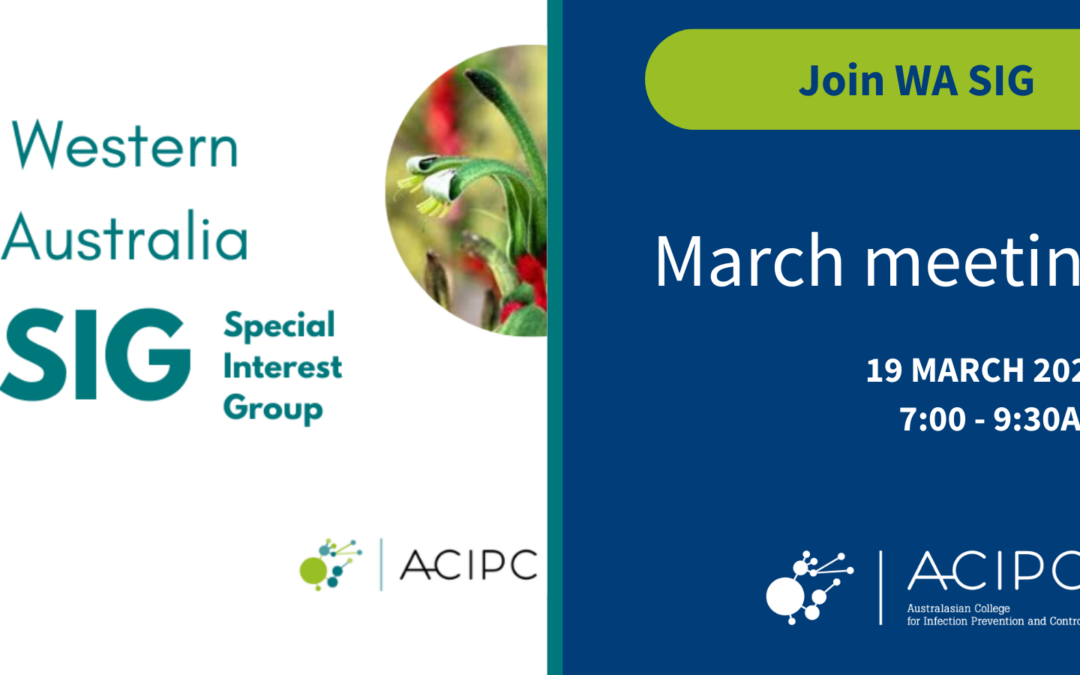
WA SIG March meeting
Western Australians are warmly invited to attend the WA Special Interest Group (SIG) meeting on...

Career Opportunity VIC
Doutta Galla Aged Service is seeking a Clinical Nurse Specialist - Infection Prevention and...
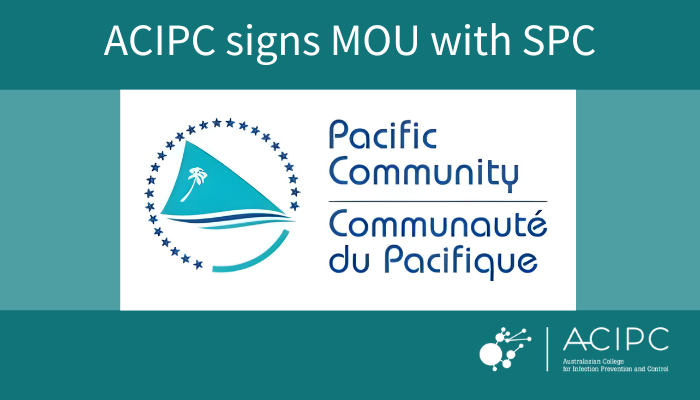
ACIPC signs MOU with SPC
ACIPC is pleased to announce the signing of a new Memorandum of Understanding (MOU) with the...

ACIPC & GAMA IPC Tour 2026
Register now! Join GAMA Healthcare, in partnership with ACIPC, for IPC Tour 2026, a focused,...

ASID Annual Scientific Meeting 2026
Register now for the Australasian Society for Infectious Diseases Annual Scientific Meeting ...
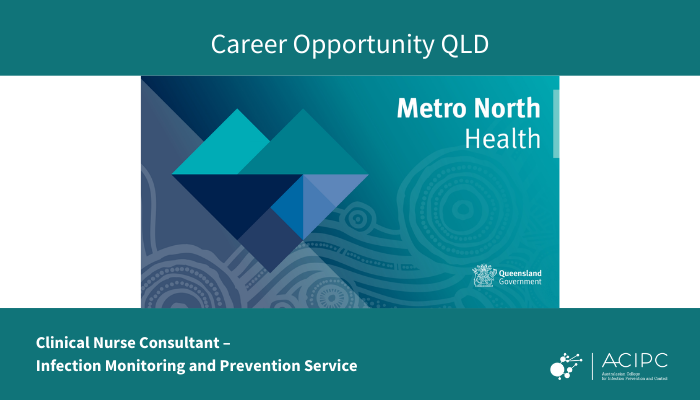
Career Opportunity QLD
Metro North Health is seeking a Clinical Nurse Consultant – Infection Monitoring and Prevention...
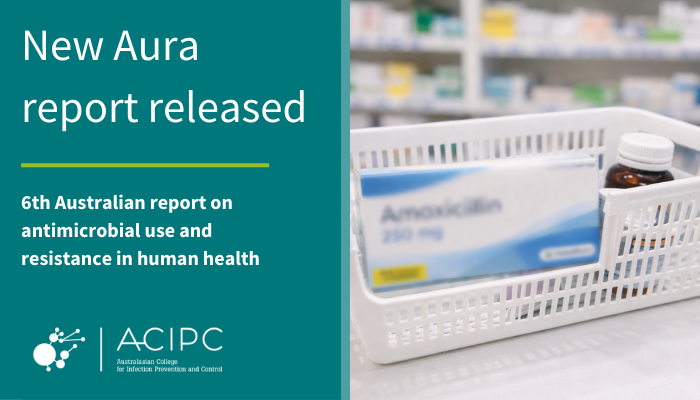
New AURA report released
The Australian Centre for Disease Control has released the 'Sixth Australian report on...

A-PRECISE model launch
You're invited to the launch of the A-PRECISE model for infection prevention in residential aged...
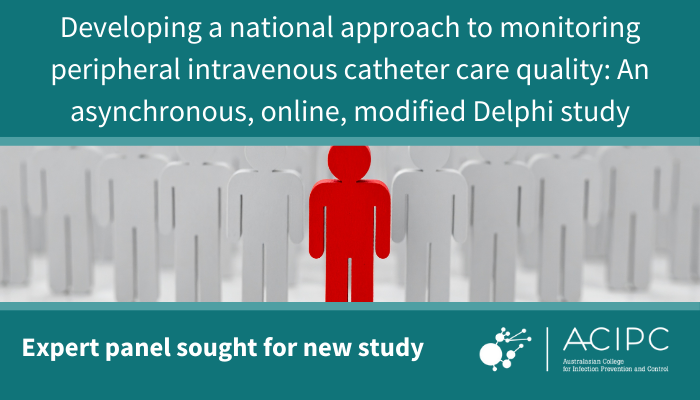
Expert panel members sought for new study
Developing a national approach to monitoring peripheral intravenous catheter care quality: An...

New Short Course – EOIs open!
New Short Course: IPC during Construction, Renovation and Maintenance in Healthcare Facilities...

Register now for APSIC2026
Register now as an Early Bird for the 12th International Congress of Asia Pacific and Infection...
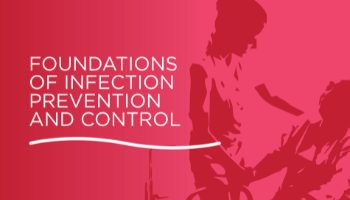
Education
Foundations of IPC Courses
The ACIPC Foundations of Infection Prevention and Control course provides a valuable pathway for further learning and is an important resource for those wishing to pursue a career as an Infection Control Professional.

Education
Blood Borne Virus Testing Course
This course is suitable for healthcare practitioners involved in undertaking HIV and Hepatitis testing in all healthcare settings including midwifery, acute care, community health, women’s health, correctional health, rural and remote health, refugee health, sexual health, and infection prevention and control practitioners.

Education
Foundations of IPC International Course
The ACIPC Foundations of Infection Prevention and Control – International (Foundations of IPC International) course provides a valuable pathway for further learning and is an important resource for those wishing to pursue a career as an Infection Control Professional.
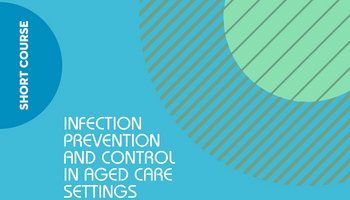
Education
Online Short Course – Aged Care Settings
This course is designed for individuals from a variety of roles/professions working in an Aged Care Setting. It is recommended that participants have a background in nursing.
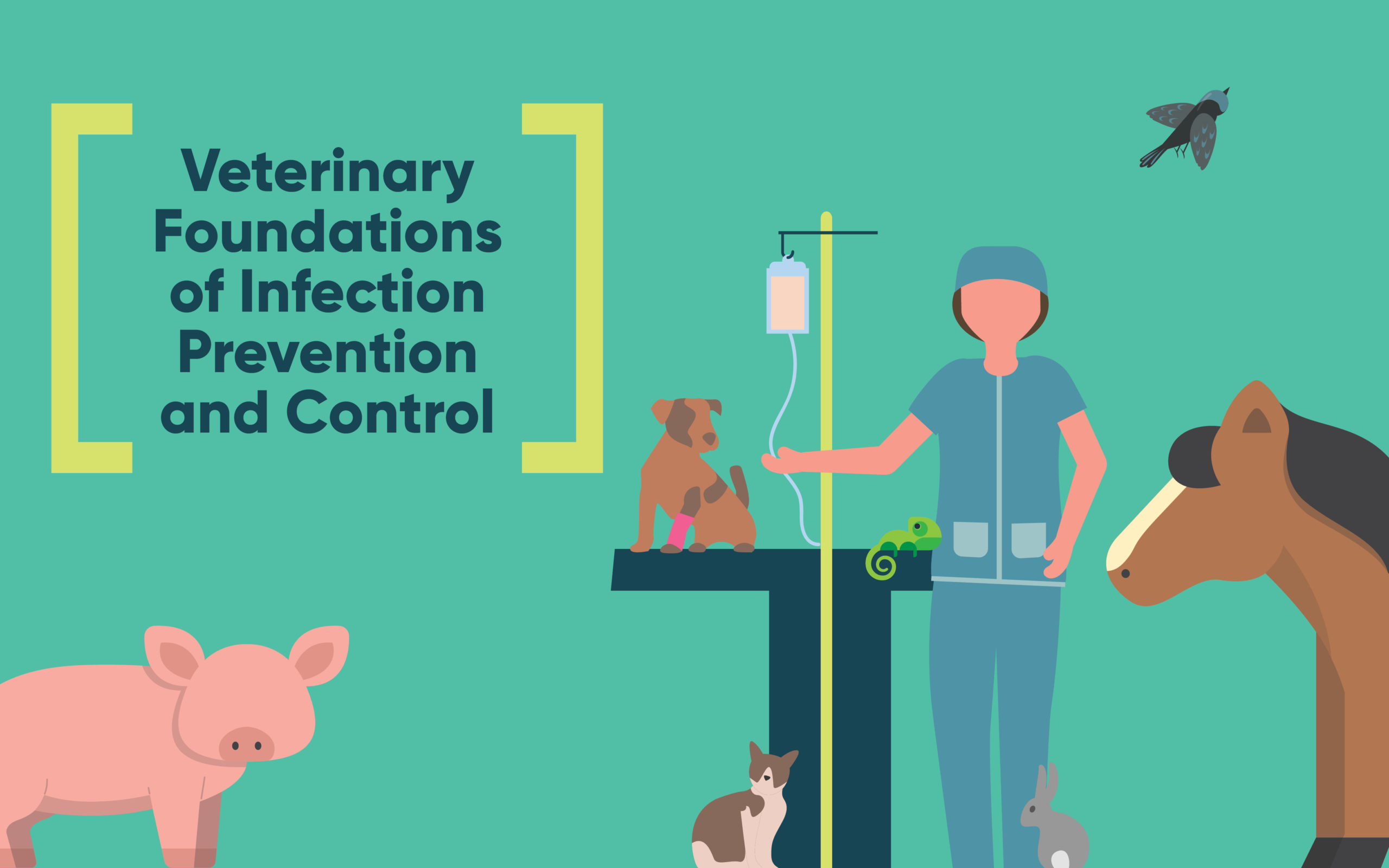
Education
Veterinary Foundations of IPC
The ACIPC Veterinary Foundations of Infection Prevention and Control (VFIPC) course is designed for all veterinary staff and aims to provide students with a broad understanding and introductory skills to enable them to assess, plan, implement and evaluate infection prevention and control activities within their veterinary workplace.
Subscribe below to receive IPC updates and our monthly newsletter
Members Area
Members
Login to Members Area
Members
Access IDH Journal Online
Members
Infexion Connexion Discussion Group

